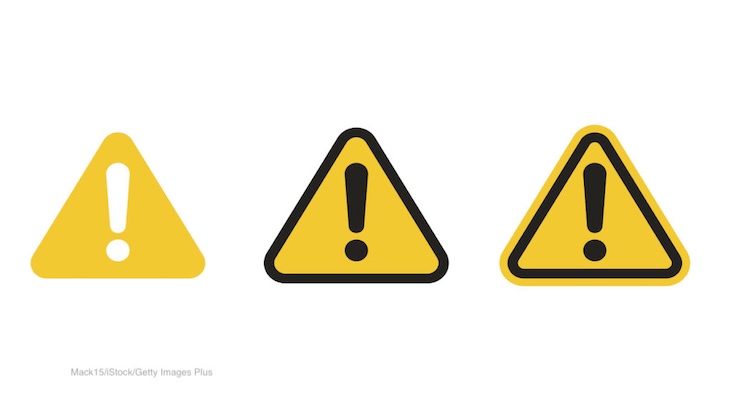The FDA issues import alert for foods with chemical contaminants including PFAS, benzene, dioxins, and PCBs. PFAS are per- and polyfluoroalkyl substances, while PCBs are polychlorinated biphenyls.

PFAS in the environment can get into the food supply through plants and animals that are grown or raised or processed in contaminated areas. Very small amounts of some types of PFAS can get into foods through food packaging, processing, and cookware.
Exposure to high levels of PFAS can affect the immune system. Other health effects may include increases in cholesterol levels, pregnancy-induced hypertension, lower antibody response to some vaccines, and kidney and testicular cancer. Studies to confirm these effects are ongoing.
PCBs are synthetic organochlorine chemicals that used to be used in industrial products, but that use ended when scientists discovered they persist in living organisms. Exposure to PCBs suppresses the immune system, which increases the risk of getting sick. PCBs alter thyroid and reproductive function in humans, increasing the risk of developing heart disease, liver disease, and diabetes.
In 2022, the FDA initiated a survey for PFAS in 81 seafood samples they collected at retail outlets. They found that the estimated exposure to a type of PFAS, perfluorooctanoic acid, in some samples of canned clams from China is likely a health concern. The 81 samples were of clams, crab, cod, salmon, pollock, shrimp, tuna, and tilapia. The FDA is going to survey molluscan shellfish this year to measure PFAS levels.
Specific firms and their food products that have levels of this type of contaminants that may pose a risk to human health may be subject to detention without physical examination under this Alert. To remove a product from the Alert, evidence must be provided to the FDA to demonstrate that the firm has resolved the conditions that caused the appearance of the violation.




